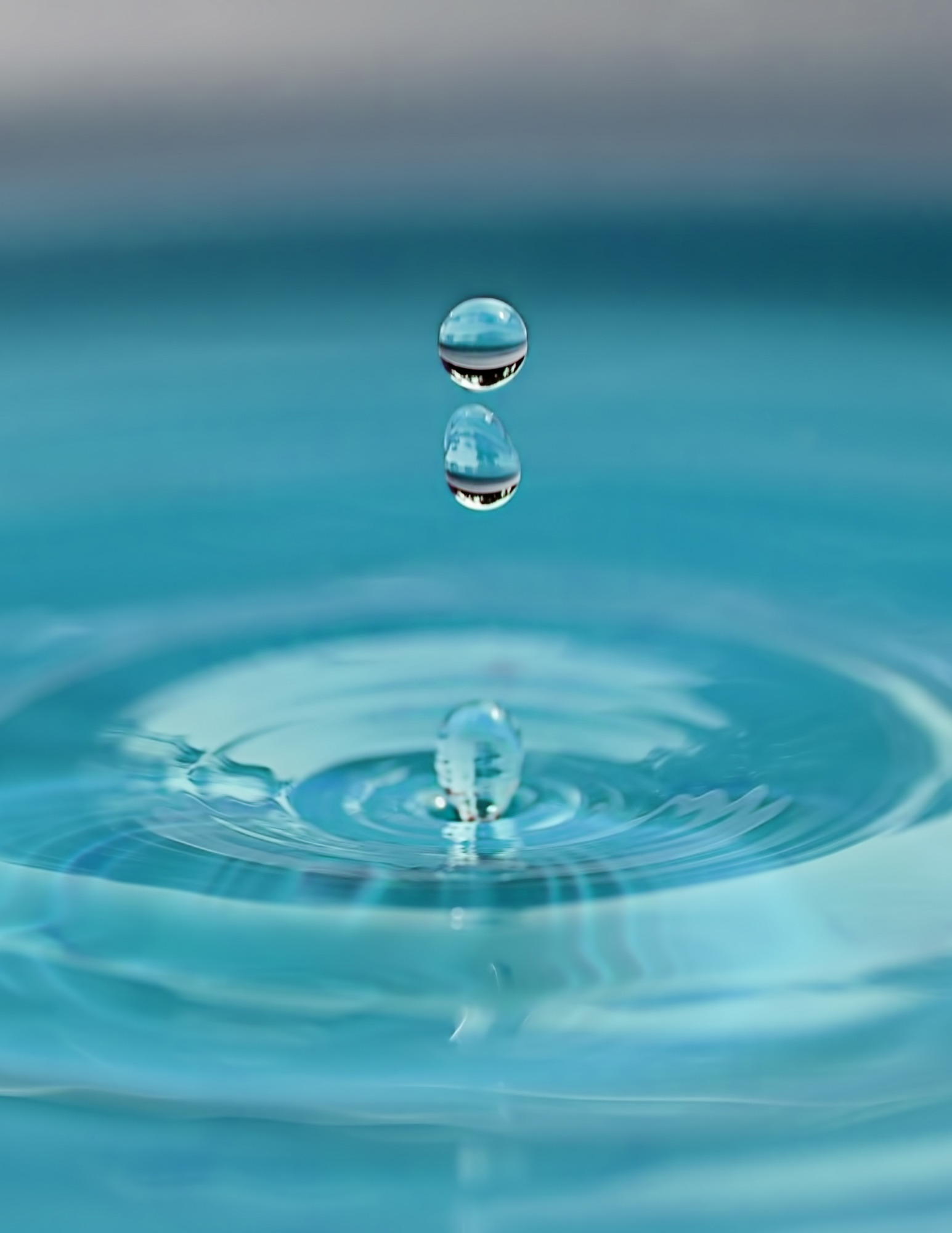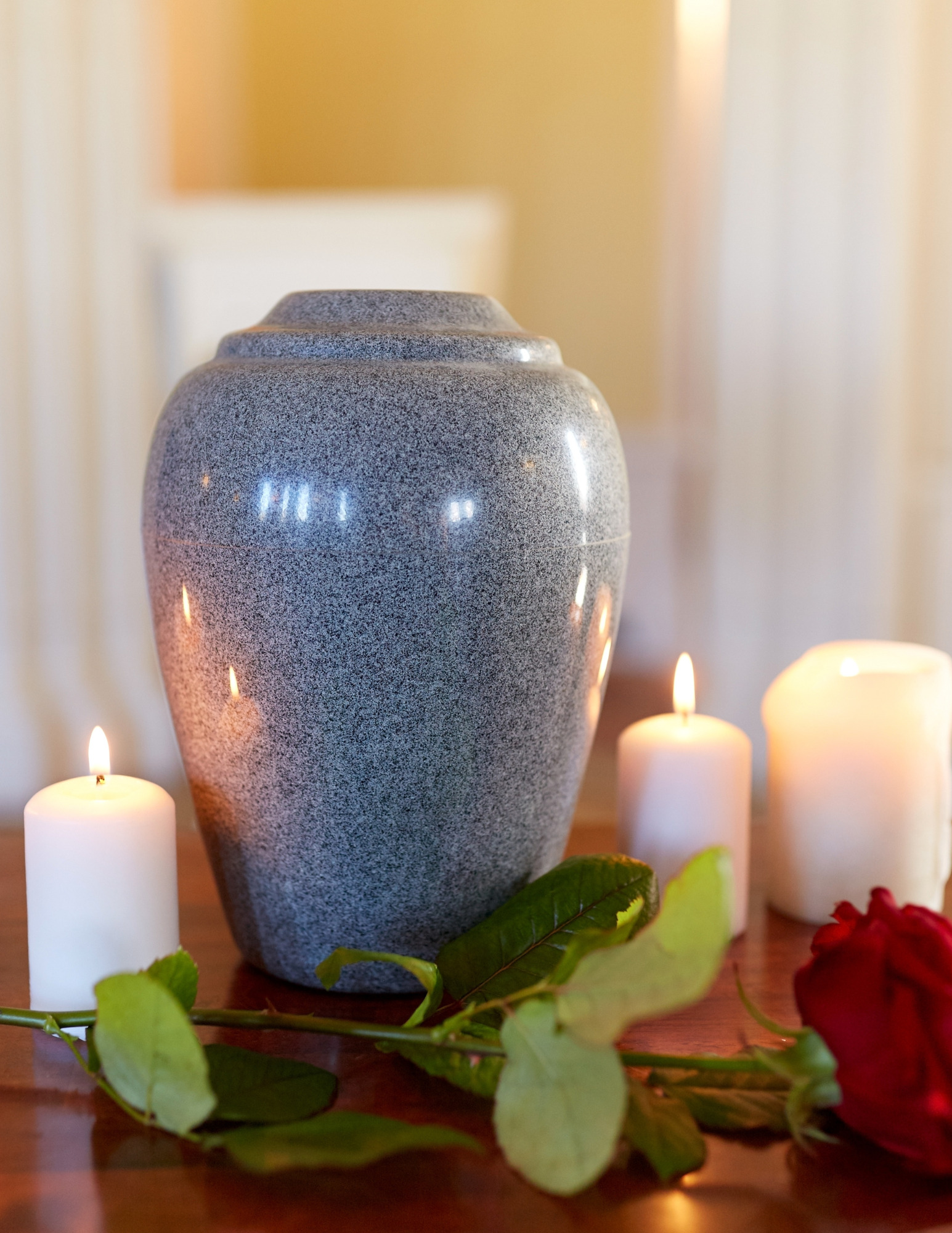Understanding Water Cremation: A Gentle and Eco-Friendly Alternative
Water cremation, also known as aquamation or aqua cremation, offers a gentle and environmentally responsible option that aligns with the values of those who care about the planet’s future. Understanding the process of water cremation and its environmental benefits can help you determine if it is the right choice for your loved one.
What is Water Cremation?
Water cremation, scientifically known as alkaline hydrolysis, is a process that uses water and alkali (high pH material) to break remains down into their basic organic components. Unlike traditional flame-based cremation, which relies on fossil fuels and releases carbon dioxide into the atmosphere, water cremation uses a solution of 95% water and 5% alkali. Your loved one is gently placed in a stainless-steel vessel where hot water and alkali flow through, naturally accelerating the decomposition process that would otherwise take place over years in the soil.

What Are the Results of Water Cremation?
The aquamation process typically takes between six to eight hours. Bones left behind are similar to those remaining after flame cremation and are processed into a white, ash-like substance that can be returned to the family. Because the process uses alkali, water, heat, and pressure rather than fire/flame, water cremation produces no emissions, making it a “green cremation” option

Environmental Benefits of Water Cremation
Choosing aqua cremation means opting for a method that has a significantly lower carbon footprint than traditional cremation methods. This alternative cremation method consumes eight times less energy and does not emit mercury or other airborne toxins. It also uses less energy and produces less carbon, supporting the ongoing efforts to combat climate change. This eco-friendly approach helps protect our environment, making it a compelling choice for those who lived their lives mindful of their ecological impact.

Ethical and Emotional Considerations of Aquamation
For many, the decision to choose water cremation is not only environmental but also emotional. The process is seen as more natural and gentle, as it processes your loved one’s remains with water—an element associated with life and purity—rather than fire. This can provide comfort to families, knowing that their loved one’s departure was in harmony with nature.

Water Cremation as a Meaningful Choice
Choosing water cremation can be a meaningful decision that honors a loved one’s values and beliefs. It allows for a farewell through a green cremation method that respects the environment and reflects a commitment to leaving a minimal ecological footprint. Additionally, for those who choose aqua cremation, it often aligns with a lifestyle that values sustainability and ethical choices, making it a continuation of the deceased’s legacy.
As we continue to seek ways to reduce our environmental impact, water cremation stands out as a gentle, eco-friendly alternative to traditional burial and cremation methods. It offers a way to honor our loved ones while adhering to principles that protect and preserve our environment for future generations.

Understanding the options available and the benefits they offer can empower you to make informed decisions that align with your values, making the process of saying goodbye both meaningful and environmentally conscious. For more information, contact Anubis. We’ll help you arrange next steps for honoring your loved one.





